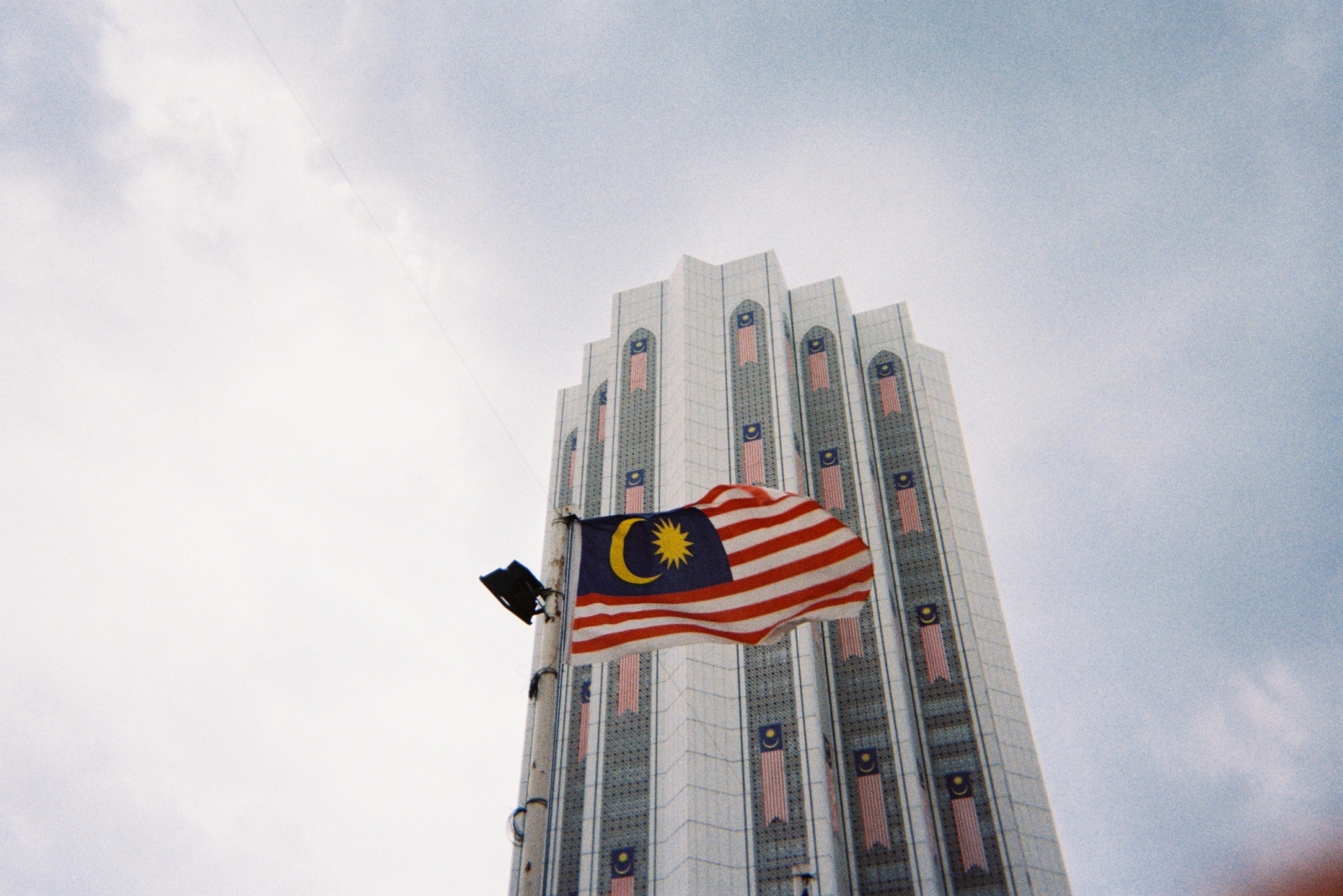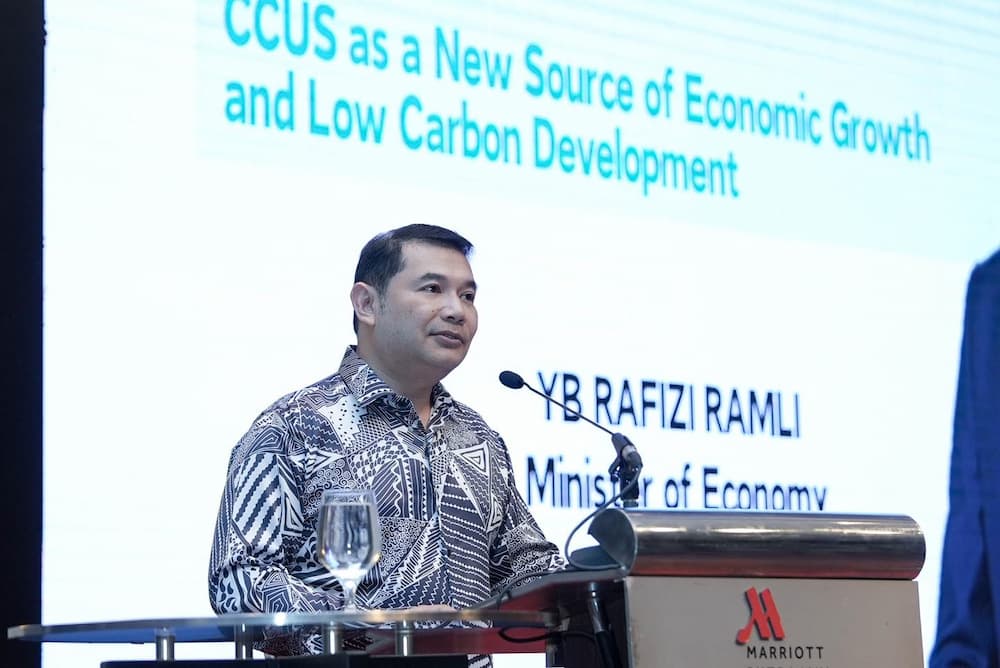
The Malaysian Houses of Parliament. (Photo: iStock)
Malaysia's Economy Minister Rafizi Ramli has announced that the government will present a progressive regulatory framework bill for Carbon Capture, Utilization, and Storage (CCUS). The bill is expected to be submitted to the Cabinet meeting before being tabled in Parliament for approval during the November session.
Speaking at a CEO forum for the Oil & Gas Services and Equipment (OGSE) sector, Rafizi emphasized the government's commitment to positioning Malaysia as a global leader in carbon capture, not just a regional player. He stated, "Given the significant capital involved in carbon capture, a framework is necessary to ensure the economic viability of investments."
The Malaysian government is optimistic about the development of the carbon capture market, anticipating that it could contribute an additional value of USD 200 to 250 billion to the national economy over the next 30 years. This sector is also expected to create 200,000 jobs and stimulate the growth of small and medium-sized enterprises.
Consequently, as part of the National Energy Transition Plan launched in July 2023, Malaysia plans to develop three carbon capture centers by 2030—two on the peninsula and one in Sarawak—with an estimated annual carbon storage capacity of 15 million tons.

Rafizi indicates that the Economy Ministry plans to present the progressive regulatory framework bill for CCUS to Parliament in November. (Photo: Rafizi Ramli's facebook)
Malaysia has significant potential for carbon capture, largely due to the nearing end of life for several oil and gas fields. According to data from Malaysia Petroleum Management (MPM), the country’s 16 depleted oil fields have a carbon storage capacity exceeding 240 million tons. Coupled with local expertise and policy support, Malaysia is poised to become a transnational carbon storage hub for major markets like Australia and Japan.
Among the projects, the Kasawari decommissioned oil field offshore Sarawak is slated to begin its carbon capture operations by 2026, potentially becoming Malaysia’s first and largest carbon capture facility. Sarawak officials estimate that they will sign three carbon capture projects in 2024, including the Kasawari project.
Sarawak Premier Abang Johari Openg has committed to implementing necessary regulations to safeguard industry interests and safety. He anticipates that carbon capture could generate revenue of MYR 60 billion (approximately USD 12.8 billion) for the local oil and gas industry by 2030.
The aging of oil and gas fields will also force the industry to seek new way. Rafizi pointed out that Malaysia’s oil production is projected to decline by 30% over the next five years, while energy consumption is expected to double by 2050. He urged the relevant industries to embrace transformation, stating, "We can no longer rely on the past dominance of oil and gas to meet our energy needs."
Source: Malay Mail, The Star, MIDA



